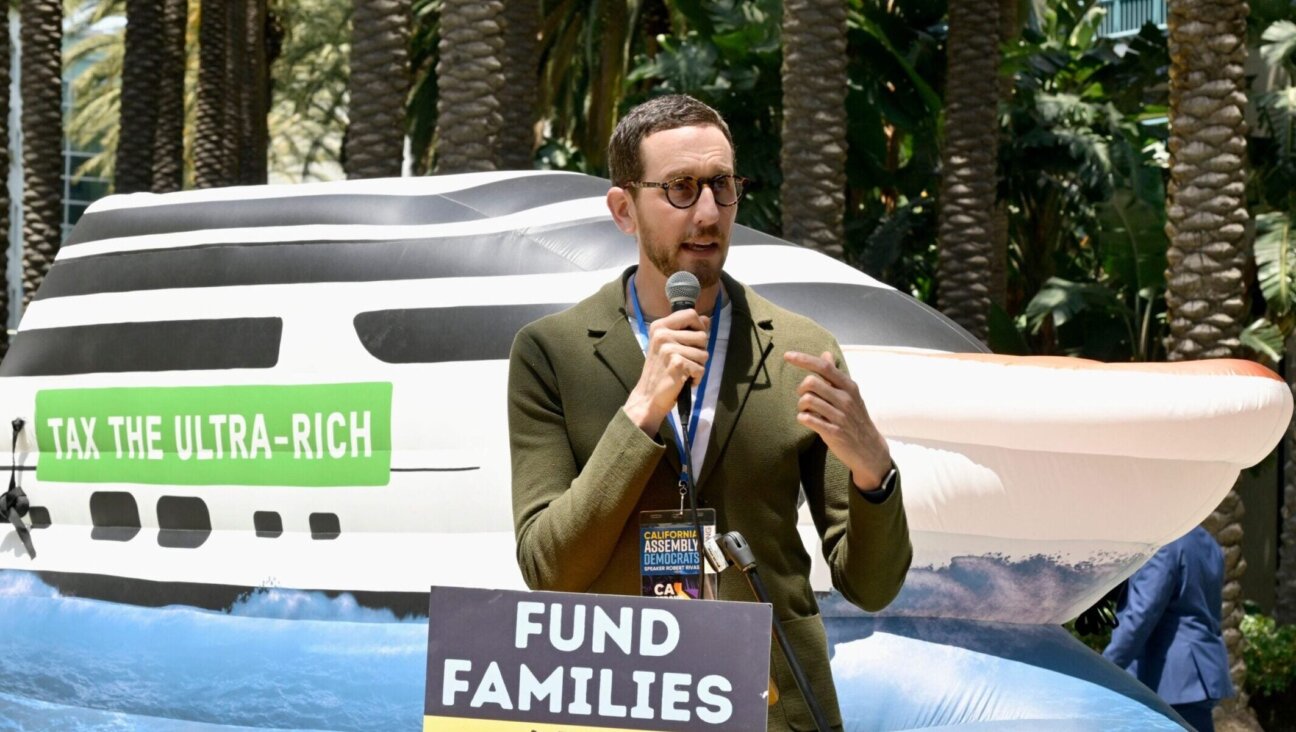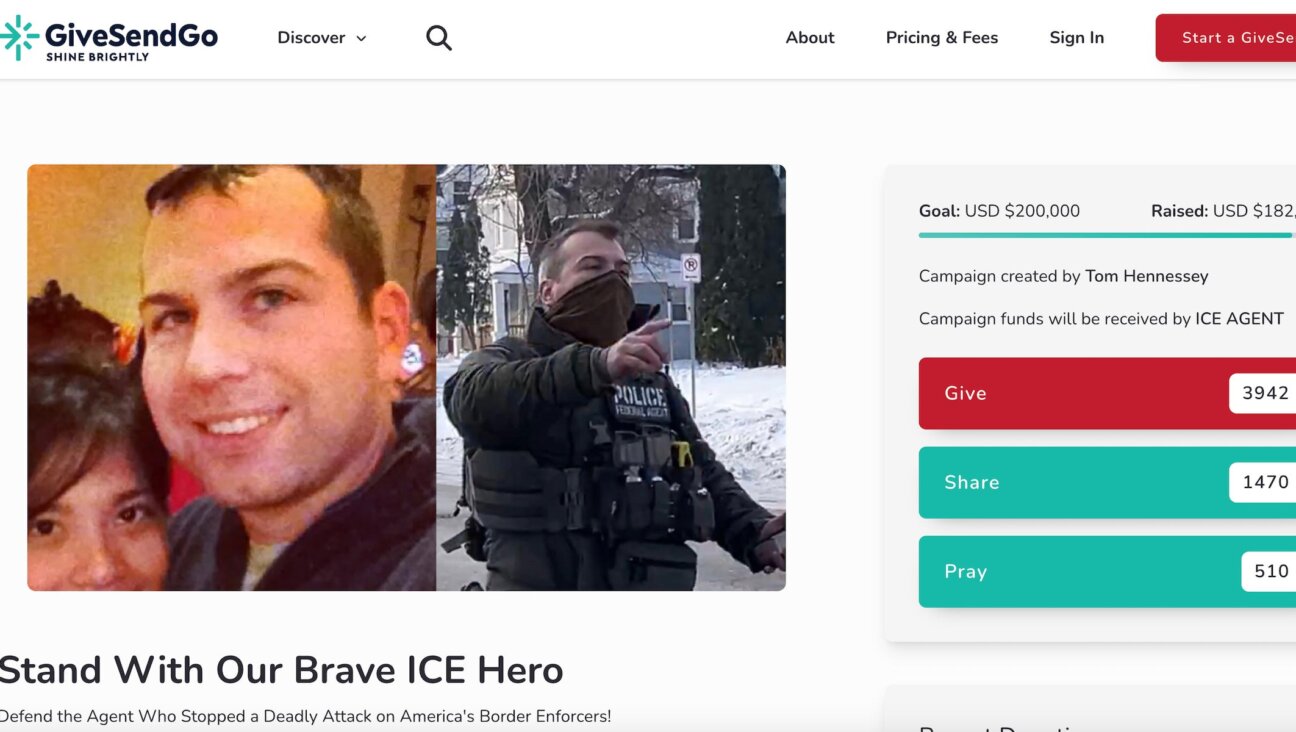Mark Zuckerberg Plan for Residential Compound Nixed by Palo Alto Board

Image by getty images
— A plan by Facebook CEO Mark Zuckerberg to reconstruct four homes around his own to protect his privacy was rejected by a city review board in Palo Alto, Calif.
The Architectural Review Board last week voted 3-1 to recommend to the city’s planning director to deny Zuckerberg’s plan. The board said the plan would form a “compound” that violates zoning codes and would damage the residential feel of the neighborhood.
Zuckerberg bought the homes in 2013 for $30 million to allay his concerns about privacy, the Mercury News reported.
Under the plan, the four homes would be razed and replaced with smaller homes — a two-story dwelling and the others a single story.
Zuckerberg’s architect told the review board that the family wanted to enjoy more outdoor space, including for entertaining family and friends. Zuckerberg lives there with his wife, Pamela Chan, and their 10-month-old daughter.
Friends of the Zuckerbergs currently live in two of the homes, according to the report.
Floor plans of the new homes show that at least one would be used as a party center, with a great room and a service kitchen.
Zuckerberg reportedly became concerned about the family’s privacy after learning that a developer planned to build a multi-story home on the property next door that could see into the Zuckerberg’s master bedroom window.
Earlier in the summer, Zuckerberg angered the neighbors around his vacation property on the Hawaiian island of Kauai over a 6-foot-tall wall he is building to protect his privacy. The neighbors say the wall is blocking their ocean views and breezes.
He and Chan announced in December that they will donate 99 percent of their Facebook shares over the course of their lifetimes.
















